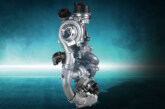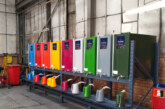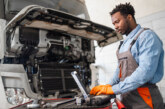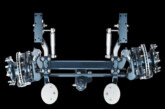How is the world of lubricants evolving?
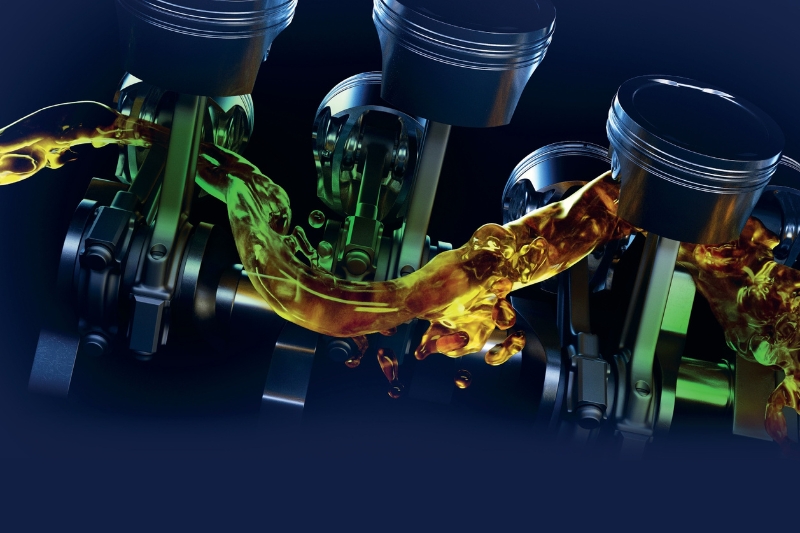
Recent changes in lubricant formulations are addressing new challenges posed by stricter emissions regulations, more demanding workloads, and increasingly sophisticated machinery. Here, The Witham Group explain more about keeping pace with these developments.
Lubricants play a critical role in the longevity and efficiency of engines, especially for vehicles in the agriculture, off-highway, and commercial sectors. As the technology behind vehicles in these industries evolves, so too do the lubricants designed to keep them running smoothly.
Environmental regulations and emission standards
Governments worldwide are enforcing stricter emissions regulations for commercial vehicles. In response, vehicle manufacturers are producing engines with advanced emissions control systems. These engines require lubricants that not only provide superior protection but also work seamlessly with emissions reduction technologies like DPFs and SCR systems.
Low-ash and low-sulphur lubricants, which are less likely to clog these emissions systems, are becoming more common. Lubricants like low SAPS oils (sulphated ash, phosphorus, and sulphur) are now essential, especially for vehicles that must comply with Tier 4 or Euro VI emission standards. These lubricants not only help reduce emissions but also enhance fuel efficiency, which is critical for lowering the overall operating costs of heavy-duty vehicles.
Extended drain intervals and durability
Fleet managers are demanding more from their machinery in terms of operational hours and reliability. Extended drain intervals, which reduce the frequency of oil changes, have become a key selling point for modern lubricants. In high-pressure environments, downtime for maintenance can significantly impact productivity, so lubricants designed to last longer between changes provide valuable time savings.
Manufacturers are developing synthetic lubricants that not only withstand higher temperatures, but also resist oxidation and degradation over longer periods. These lubricants retain their viscosity and protective properties for extended intervals, reducing the number of oil changes required, which in turn lowers maintenance costs and increases vehicle uptime.
Advanced protection for heavy loads
Off-highway vehicles and farm machinery often operate under extreme conditions, heavy loads, variable weather, and dusty or muddy environments. The lubricants for these vehicles must provide superior protection against wear, corrosion, and contamination. Modern lubricants are designed to create stronger protective films and are enhanced with anti-wear additives like zinc dialkyldithiophosphate, which helps protect engine components from the high-pressure stress caused by heavy loads.
Additionally, lubricants are increasingly resistant to the challenges posed by contaminants like dirt and water, which are common in agricultural and off-highway environments. New formulations include advanced detergents and dispersants that help keep engines cleaner by preventing sludge formation and removing harmful deposits.
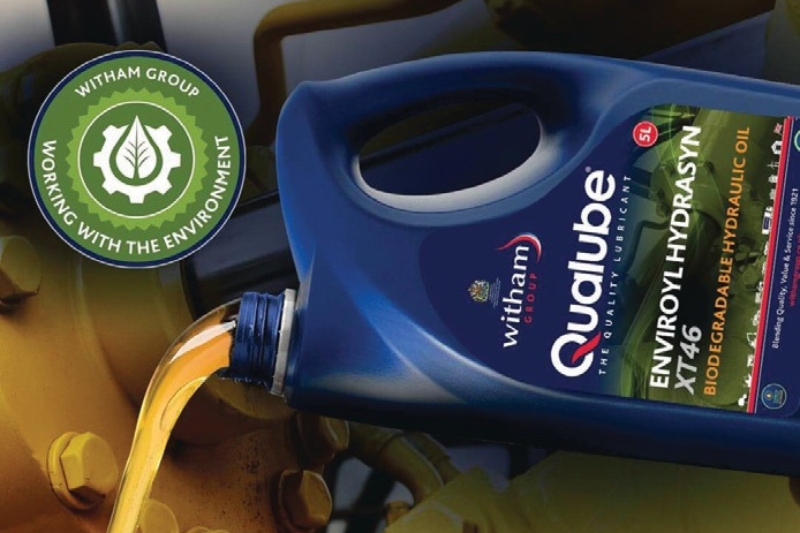
Environmentally friendly lubricants
Sustainability is increasingly becoming a priority across industries, including agriculture and construction. Bio-based lubricants, derived from renewable resources like vegetable oils are emerging as eco-friendly alternatives to traditional petroleum-based products. These lubricants are biodegradable and nontoxic, making them less harmful to the environment in case of leaks or spills, which is particularly important in agricultural operations where soil and water contamination can be detrimental.
While bio-based lubricants still face challenges in terms of performance and cost compared to synthetic and mineral oils, advancements are continually being made to improve their temperature stability and oxidation resistance, making them more viable for heavy-duty applications.
The future Though still in the early stages, the shift towards hybrid and electric vehicles in the agriculture and commercial sectors is driving the need for new types of lubricants. Electric engines require specialised lubricants for cooling and electrical insulation. As more manufacturers introduce hybrid systems for agricultural vehicles, lubricants will need to adapt to these new types of powertrains, providing both conventional lubrication and cooling capabilities for electric motors and batteries.
The future of lubricants in commercial vehicles is increasingly shaped by the dual forces of sustainability and technology. As emissions standards tighten and machinery becomes more complex, lubricants are evolving to meet these demands with advanced formulations that enhance durability, protect against extreme conditions, and reduce environmental impact. The continued development of bio-based alternatives and synthetic options will ensure that these industries remain both efficient and environmentally responsible.
The Witham Group is well-positioned for the next chapter in lubricant technology due to several key factors including its heritage and expertise. With over 104 years of experience, the Witham Group has a deep understanding of the lubricant industry.
Witham Group has consistently invested in research and development to stay ahead of technological advancements. For example, the company has developed a growing range of environmentally friendly products, such as its Prolan range, along with a unique blending process using solar and ultrasound.
Witham also works closely with original equipment manufacturers (OEMs) lubricant additive companies and key industry bodies such as the UEIL, UKLA and VLS to ensure its products meet evolving technical standards. By obtaining necessary certifications and approvals from OEMs, Witham ensures that its lubricants are suitable for modern machinery and vehicles, including those used in agriculture, off-highway, and commercial sectors.
Furthermore, as environmental regulations around emissions and chemical safety continue to tighten, Witham’s focus on creating low-sulphur, low-ash lubricants positions it favourably. Additionally, the company adheres to important standards like REACH, ensuring its products comply with European safety and environmental regulations.
Lastly, as hybrid and electric vehicle technologies become more prevalent, particularly in commercial sectors, lubricant manufacturers must evolve. The Witham Group has demonstrated an ability to adapt to new vehicle technologies and the changing landscape of powertrains by producing advanced synthetic lubricants that support both traditional and emerging engine types. Witham is also working with some OEMs on lubricants for its hydrogen innovations.


